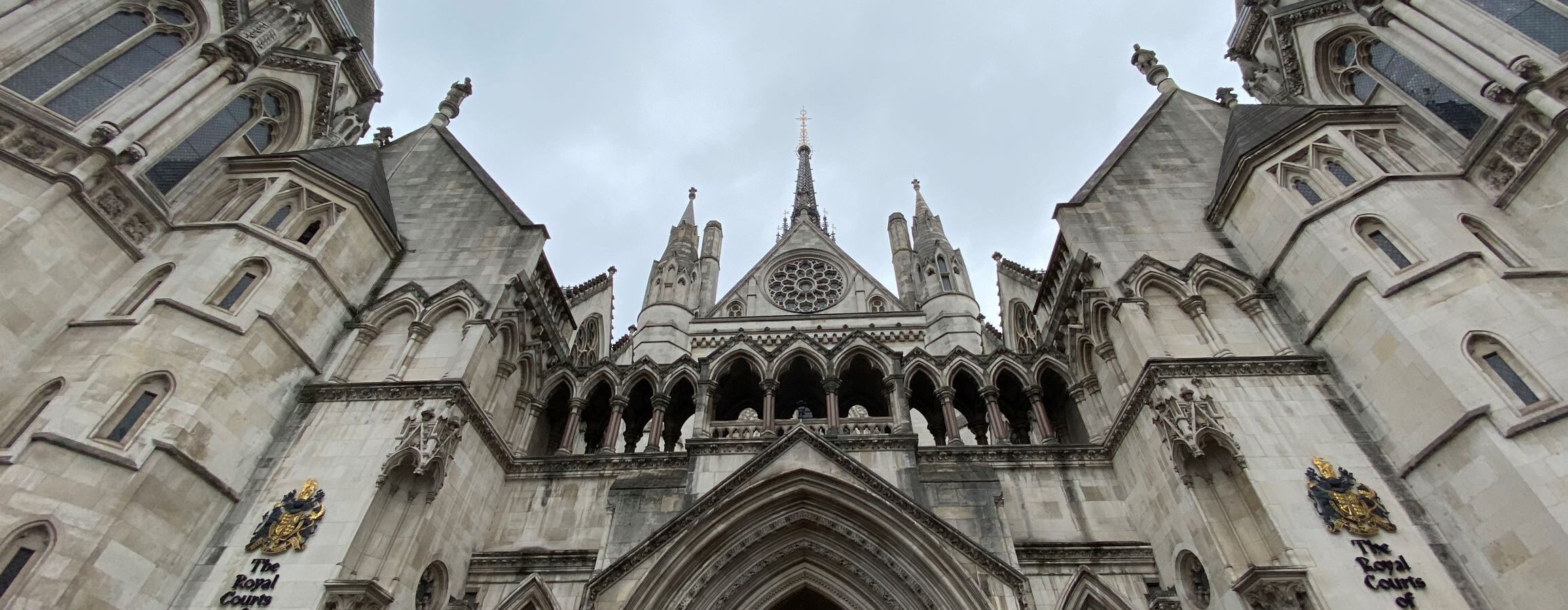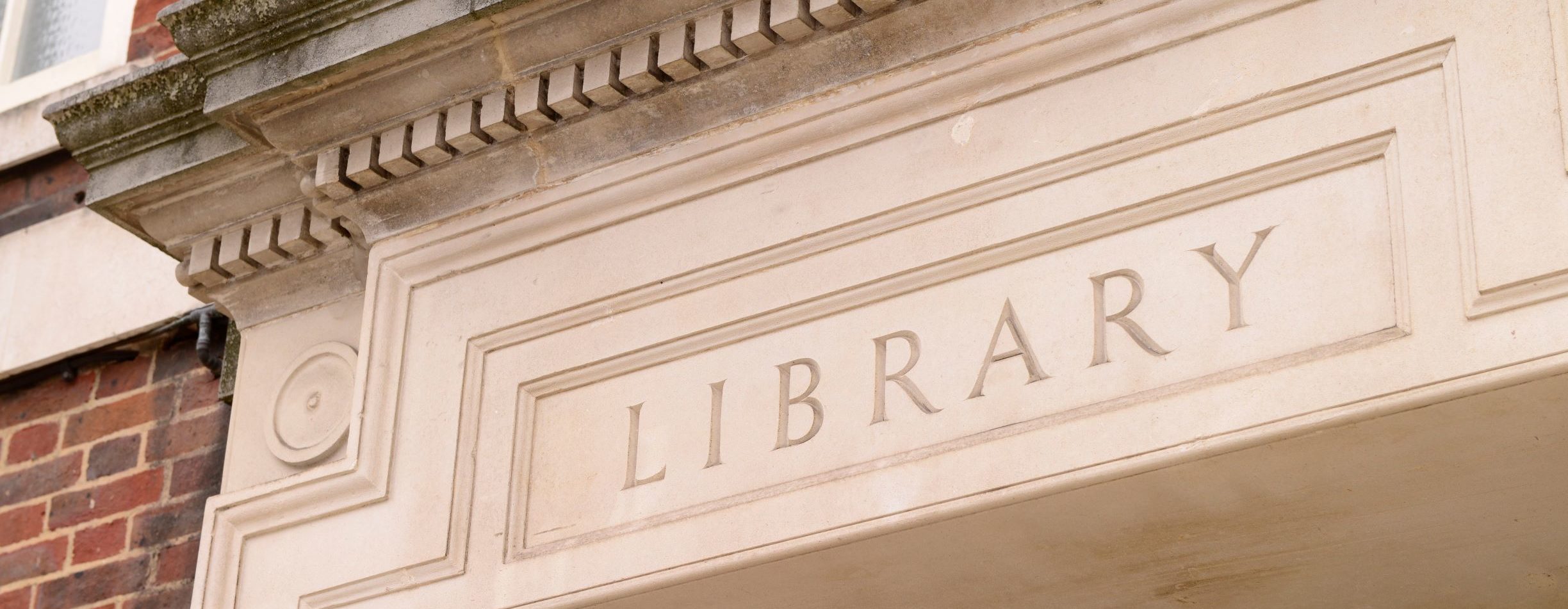Criminal Law Review
Criminal Law Review dealing with the difference between S.16 and S.17 witnesses
R v SG [2017] EWCA Crim 617
This was an appeal against conviction where the 18 year-old complainant became distressed during the course of giving her evidence and was allowed to take a break. The trial Recorder then ordered that further questions be drafted in advance and restricted the way in which subsequent cross-examination was put. The complainant was much recovered the following day and finished her evidence. There had been no GRH. The CA held that the Recorder was mistaken when he treated the complainant as a ‘vulnerable’ witness.
In this case, the complainant had been eligible to assistance under YJCEA 1999 by virtue of s.17(4) and gave her evidence behind a screen. Whilst it was almost certainly necessary from a case management perspective to take steps to reduce her distress, it was not necessary to order questions to be written in advance. Such steps are routinely taken to make questions more readily understood. This witness was a mature and articulate witness.
There is an important distinction to be remembered between s.16 witnesses are who are ‘vulnerable’ and s.17 witnesses who are ‘intimidated’. The main reason for the pre-drafting and scrutiny of questions is to aid comprehension. The level of prescription of submitted questions in advance depends greatly on the age of the child or young person. The level at which a Judge prescribes the questions is very different for those who are 6 years old to those who are in their teens.
A witness, eligible for assistance under S17 may, as in SG, be perfectly capable of dealing with a more robust cross-examination. A Judge may exercise case management powers to limit the length of a cross-examination or the number of advocates cross-examining and, in such cases, the Judge may ask for a list of topics so those matters can be addressed. It would however be unusual in such a case to ask for a list of questions. In R v SG, the CA said:
“Prescribing the form of questioning was a disadvantage to the defence, not least because it might inhibit the development of cross-examination in response to a particular answer. This was particularly so if the ruling was made during the course of cross-examination. Requiring an advocate to prepare a list of questions for the court’s approval during the course of cross-examination in such a case should be regarded as an exceptional course.”
The appeal was dismissed as there was no unfairness to the Defendant. The conviction was safe.


